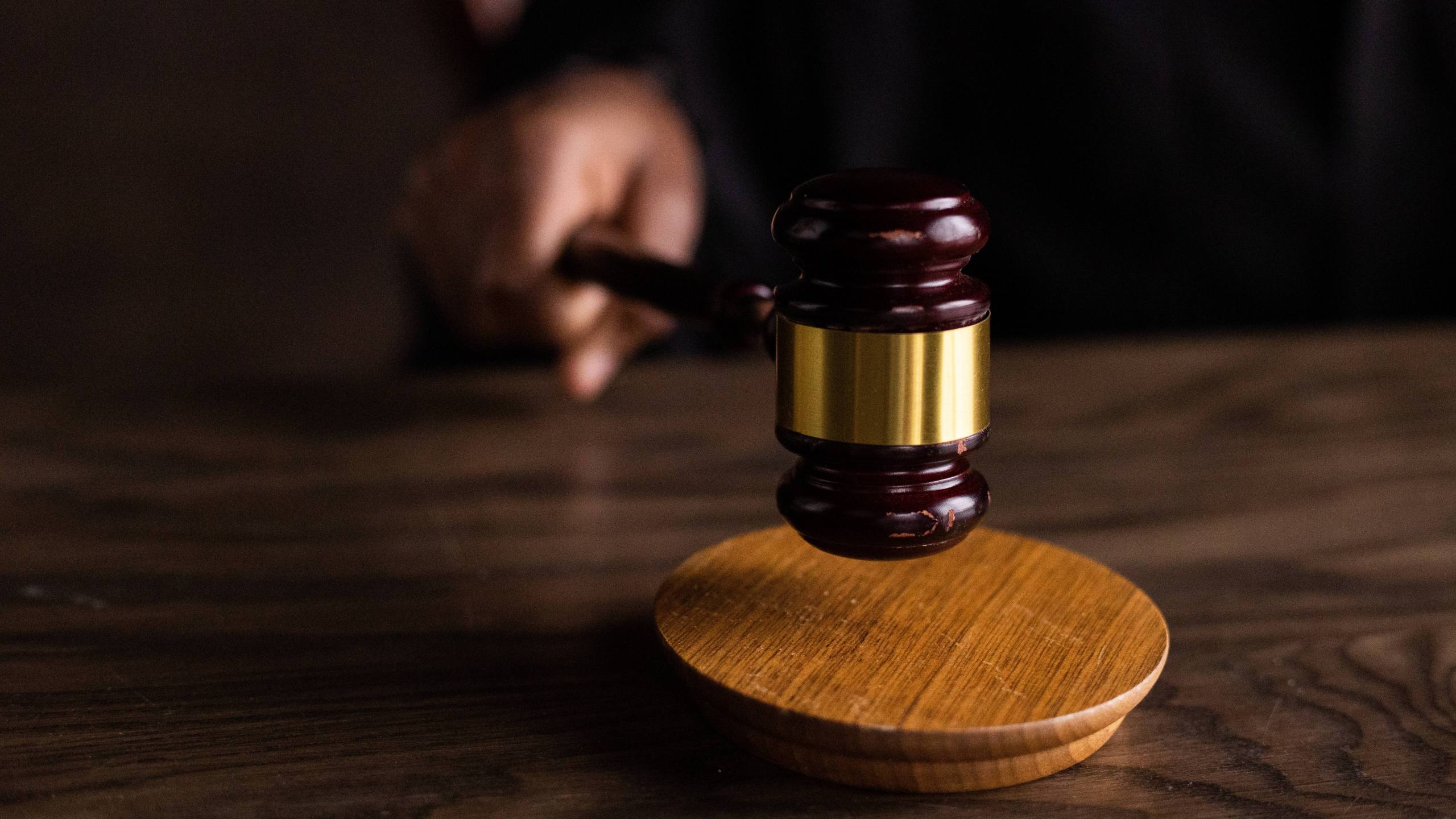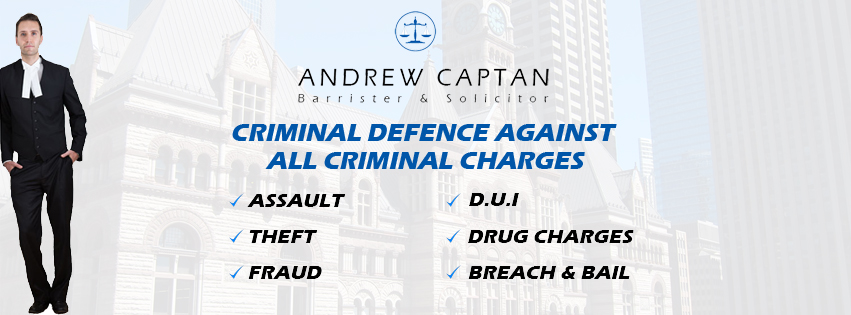Toronto Criminal Defense Lawyer – A Behind The Scenes Look
Introduction
If you’ve been charged with a criminal offence in Toronto, chances are you are scanning the web for a good Toronto Criminal Defense Lawyer. You also probably have a number of questions circling around in your head that you want answered. In this article, I will provide you a helpful summary of:
(1) What Toronto Criminal Defense Lawyers do and how can they win cases
(2) How to locate the best Toronto Criminal Defense Lawyer for you
(3) How to locate an affordable Criminal Defense Lawyer and lastly
(4) I will answer some questions that are commonly asked about Criminal Lawyers in general.
I am a Toronto Criminal Defense Lawyer who has been practicing as a sole practitioner for over 11 years.
Types of Cases Toronto Criminal Defense Lawyer on Work
Toronto Criminal Defense Lawyers represent individuals charged with crimes. Crimes are offences that are contained in one of the following pieces of legislation:
The following are some of the common types of cases a Toronto Criminal Defense Lawyer will work on:
- Domestic Assault or Violence cases
- DUI cases
- Theft cases
- Fraud cases
- Robbery Cases
- Mischief Cases
- Criminal Harassment Cases
- Assault cases
Defense Lawyers will typically provide advice and representation beginning at the point someone is charged with a crime, completing all work thereafter, from the bail phase to the trial stage. Some Criminal Lawyers may provide advise on “pre-charge” situations, where there is, for example, the risk of criminal charges, or when the police are beginning an investigation.

Where do Toronto Criminal Defense Lawyers Work
Toronto Criminal Defense Lawyers are lawyers who may work in a number of different arrangements including:
- Solely (as a sole practitioner)
- In a partnership
- In a Corporation (either alone or with other lawyers)
- In a law firm with many other Criminal Lawyers
Toronto Criminal Defense Lawyers, by contrast, do NOT work for the government – at least not directly. Crown Attorneys (who are prosecutors in all criminal cases) work for the State / government.
Where are the Criminal Courthouses in Toronto
There are two main branches of trial level (rather than appeal level) criminal courts in Ontario – the Ontario Court of Justice and the Superior Court of Justice. All cases begin at the Ontario Court of Justice level, and some migrate to Superior Court, depending certain legal features of the case – generally speaking, the more serious charges flow up to Superior Court. Toronto Criminal Defense Lawyers will be accustomed to appearing in each of these court levels.
In Toronto, there is only one Superior Court of Justice courthouse, which is located at 361 University Avenue in the heart of downtown Toronto. At the time of writing this, there are 6 Ontario Court of Justice courthouses in Toronto as far as criminal cases go:
- 1000 Finch Avenue
- 1911 Eglinton Ave. E
- 2201 Finch Ave W.
- 311 Jarvis St.
- College Park
- Old City Hall
In the spring of this year (2023), these courts will be amalgamated into a single, mega court located at 10 Armoury Street, Toronto, ON, M7A 0B9. The court contains 17 levels and will contain around 63 courtrooms. If you’re charged with a crime in the spring of 2023 and onward in Toronto, your matter will be dealt with in this mega court, rather than at the current smaller courts spread across the GTA.

What Does a Toronto Criminal Defense Lawyer Do on a Daily Basis
Toronto Criminal Defense Lawyers, like any Criminal Defence Lawyers, require a wide skill set to work in this area of law, including oral advocacy, written advocacy, client communication skills and more.
Defense Lawyers, unlike many other lawyers, appear in Criminal Courts on a daily basis, assisting clients with all sorts of issues in court, from simple adjournments, to bail hearings through to complicated jury trials.
When a Toronto Criminal Defense Lawyer is not in court, you will often find them in their office engaging in work such as:
- Reviewing disclosure
- Conducting legal research
- Preparing written memos or submissions for the Court
- Meeting with clients to discuss case progress
Why Do You Need a Criminal Lawyer
Toronto Criminal Defense Lawyers are crucial if you’ve been charged with a crime. Once you are charged, you will lose certain rights, privileges and liberties in light of the way the criminal court process works. Further, you may face life altering outcomes as a result of your charges. Criminal Defense Lawyers act as a buffer between the state (including the Police and the Crown) and you and your constitutional or procedural rights. A Criminal Lawyer will ensure that you get a fair trial and that your rights are not impeded unjustly or unfairly.
How to Find an Affordable Toronto Criminal Defense Lawyer
I wrote about this at length in another blog post, which I will link for you HERE – I explain steps you should take to locate an affordable Toronto Criminal Defense Lawyer.
What Makes a Toronto Criminal Defense Lawyer Good
A good Toronto Criminal Defense Lawyer will be equipped with a number of tools and skill sets. Some of the critical ones include the following:
- The skill of effectively communicating, whether it be with you as the client, a Judge in court or the Crown Attorney
- The skill of legal research, which includes the ability to uncover precedents that will help you in your case
- The skill of oral advocacy, which includes the ability to be persuasive in front of a Judge at a hearing
- The skill of written advocacy, which includes the ability to write well and convincingly
- The passion to fight for a client’s rights
When consulting with a Toronto Criminal Defense Lawyer before hiring one, you can get a sense of their skill set by asking them pointed questions about these topics.
Private Retainers vs Legal Aid Retainers – What is the Difference
In some cases, an accused person may not be able to afford paying a Toronto Criminal Defense Lawyer out of pocket. They may apply and qualify for Legal Aid, which is a system funded by the government which involves the government paying for the legal fees of a Criminal Lawyer. If a person qualifies, they will be issued a legal aid certificate, which they can assign to a lawyer who is willing to accept it. In that situation, the accused person does not pay for the case at all.
Private retainers, by contrast, require the accused person to pay for all legal fees.
Can Lawyers Choose Not to Defend Someone
While Toronto Criminal Defense Lawyers are not ethically obligated to take on each case that is presented to them, they are encouraged to not turn away clients.
How to Win a Case with a Lawyer
To win a case with your Toronto Criminal Defense Lawyer, several things must align:
- Your Criminal Lawyer needs to find a particular angle or strategy to approach the case with, such as developing a line of defence to win a trial, or a negotiation strategy to have your charges withdrawn;
- You and your Toronto Criminal Lawyer need to work well together and be in consistent communication
- You must trust in your lawyer and your Criminal Lawyer must have trust in you, as there is a consistent flow of information back and forth
- You must do as your lawyer says, such as completing counselling or volunteer work in order to achieve the particular outcome that you and your lawyer are striving toward
How do I Choose a Good Criminal Defense Lawyer
I have written about how to locate the “Best Domestic Assault Lawyer in Toronto” in a separate post, outlining step by step how to do this. The steps I outlined HERE apply equally to Toronto Criminal Defense Lawyers in general. I would suggest reviewing these steps before you commence your search for a Criminal Lawyer in your area.
How Do Defence Lawyers Defend or Win Criminal Cases
Each Toronto Criminal Defense Lawyer will have their own approach when picking up a case as to how to obtain the best possible result. The best possible result in a criminal case is (1) to convince the Crown Attorney to withdraw your criminal charges or (2) to secure an acquittal at a trial (ie, to be found not guilty by a Judge or Jury of your charges).
Two key approaches, in my experience, can be taken in attempting to achieve these results.
- Approach (1) – Attempting to Secure a Withdrawal of Charges
This approach typically involves a combination of different efforts, beginning with a Toronto Criminal Defense Lawyer learning as much as possible about their client, and relying on unique and/or positive attributes of their client to present to the Crown Attorney when negotiating. For example, if the client is a well respected teacher who is forced to undergo yearly criminal background checks for employment, a lawyer may gather character reference letters to establish good character, and at the same time point out hardship that would ensure if a criminal conviction were registered (ie, potential loss of work). Depending on the nature of the charges, and the severity of them, these two factors alone may suffice to convince the Crown to withdraw!
This approach may also rely on exploiting weaknesses in the Crown’s case or evidence, in conjunction with the personal attributes of the client. For example, if the evidence is weak as far as proving the client’s identity as the perpetrator of the alleged crime(s), a lawyer can highlight this issue in the negotiation process with the Crown Attorney, and attempt to convince the Crown that the case should be withdrawn.
- Approach (2) – Securing an Acquittal at a Trial
If the Crown Attorney is unwilling to withdraw the charges, and the client is not prepared to plead guilty, going to trial is the only the legal option available. Going to trial would require a Toronto Criminal Defense Lawyer to carefully analyze the case for potential legal defences. Some common legal defences include:
- The defence of self defence
- The defence of duress
- The defence of intoxication
- The defence of alibi
- Establishing that the Crown has failed to prove the prohibited act in question (for example, in an Assault case, that there was any physical contact made with the other person)
- Establishing that the Crown has failed to prove the required state of mind of the accused, which typically requires some intention to commit the prohibited act referred to above
- The defence of consent (which is applicable to certain crimes, such as Assault and Sexual Assault)
- To establish the police has the wrong perpetrator (the issue of Identity)
Each of these potential defence strategies are legally complex, and you would be well advised to have a Toronto Criminal Defense Lawyer to review your disclosure to determine which one(s) may be applicable.
About the Author – Andrew Captan – Toronto Criminal Defense Lawyer
I have been a Criminal Lawyer for over 11 years, providing assistance to individuals charged with a wide range of criminal offences, from minor charges such as Theft to serious matters including Murder. You can reach me through my website HERE, at (647) 878-6355 or andrew@captanlaw.com.

